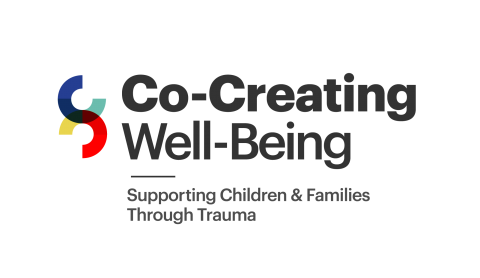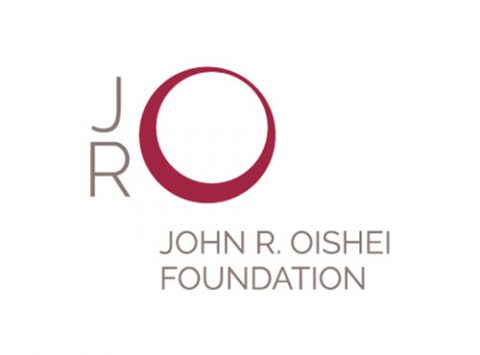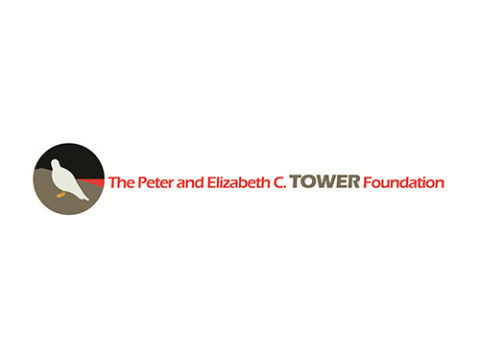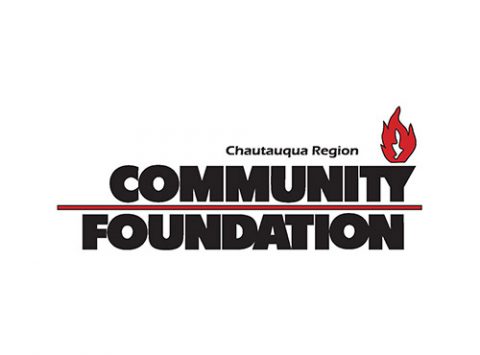The Trauma-Informed Lens
The trauma-informed lens offers a different way of understanding human behavior. Trauma is a response to a perceived threat to survival or emotional well-being of an individual or group of people. Trauma leads to adverse brain, bodily, and psychological changes that damage self, relational development, spiritual development, and can impair living, learning, and working.
This module provides principles, strategies, and actions you can take to improve interactions with clients and community.
Types of Trauma
There are three types of trauma to be aware of when interacting with clients:
-
Toxic Stress: Poverty, Racism, Microagressions, Discrimination, Disparities, Community Violence
-
Trauma: Accidents, Natural Disasters, Man-Made Disasters, Serious Illness
-
Complex Trauma: Physical or Sexual Abuse, Severe Neglect, Abandonment, Emotional/Psychological Abuse, Domestic Violence
Take some time to review the following video materials:
-
Asking About Trauma
-
Responding to Trauma Disclosures
Poverty as a form of Chronic Scarcity
Poverty is traumatic condition in which an individual or a household experiences chronic scarcity. Money, time, social contacts, and cognitive capacity are all reduced when someone experiences poverty.
Chronic scarcity can affect a family’s overall health and well-being, and can negatively impact education, relationships, networks of support, physical health, and emotional health.
Defining poverty as chronic scarcity helps us to:
-
focus on the ways individuals cope and maneuver through such scarcity
-
helps to shift the conversation toward changing the environment that maintains chronic scarcity and away from moral judgement
-
acknowledge the capacity of individuals, families, and communities to possess and engage in resilience
Take a moment to reflect on 1) the ways your clients might be coping with scarcity in their day-to-day lives, and 2) how you can acknowledge the capacity of your clients to be resilient.
Source:
Mendel, W., & Sperlich, M. (2018). “Children, families, and trauma: What we need to know to support healing and resilience.” Health Foundation for Western and Central New York. Link to CCWB Presentation Slides: https://tinyurl.com/y9q5rybh
Bergen-Cico, D., Elmner, J., & Keefe, J. (2019). “Supporting Children & Families Through Trauma.” Health Foundation for Western and Central New York. Link to CCWB Presentation Slides: https://tinyurl.com/y788sv68




